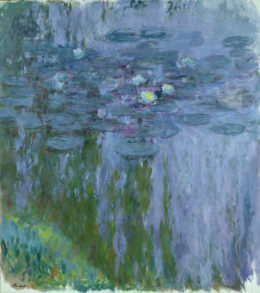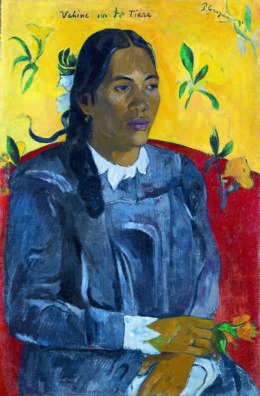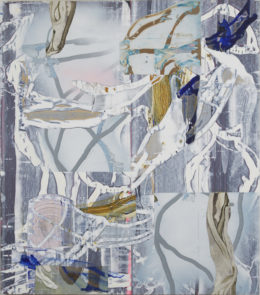
Originally published in the Marina Times San Francisco in February 2019 During the years 1913 until his death in 1926, Claude Monet explored an increasingly vibrant abstract painting style originating…
More »

Originally published in the Marina Times San Francisco in February 2019 During the years 1913 until his death in 1926, Claude Monet explored an increasingly vibrant abstract painting style originating…
More »

Originally published in the Marina Times San Francisco in January 2019 “ First They Came” is a poem written by the German Lutheran pastor and theologian Martin Niemöller about cowardice…
More »

Originally published in the Marina Times San Francisco in December 2018 Art publishing in 2018 produced a variety of interesting possibilities for the art lover on your Christmas list. Any…
More »

Originally published in the Marina Times San Francisco in December 2018 At the beginning of his painting career, Cy Twombly deviated from the brand of abstraction dominating painting in the…
More »

Originally published in the Marina Times San Francisco in November 2018 In its first exhibition dedicated to the work of Paul Gauguin, Gauguin: A Spiritual Journey explores the work of…
More »

Originally published in the Marina Times San Francisco in October 2018 The Asian Art Museum presents a vibrant, traditional arts movement in Painting is My Everything founded by women of…
More »

Originally published in the Marina Times San Francisco in September 2018 Martin Gayford’s latest book takes on the history of London artists from the end of the Second Word War…
More »

Originally published in the Marina Times San Francisco in August 2018 After 14 years as a top Bay Area art dealer, Christina Maybaum has opened a new gallery at 49…
More »